Days before Christmas, the BBC published an article on its website headlined “Elon Musk’s curious fixation with Britain.” The broadcaster was anxious to discuss why Donald Trump’s right-hand man was taking such an interest in British affairs from across the pond.
It turns out that Musk — who will be Trump’s efficiency tsar when he becomes president this month — is also keen to cast a critical eye over Germany’s domestic travails.
Last weekend, he endorsed the Alternative for Germany (AfD) in an op-ed published in Welt, a conservative daily. Ahead of February’s general election, Musk described the right-wing AfD as the “last spark of hope” for Germany. This, he claimed, was because the “traditional parties have failed… their policies have led to economic stagnation, social unrest, and the erosion of national identity.”
Just as the left in Britain have bridled at Musk’s musings on everything from Jess Phillips to Labour’s tax raid on farmers, so have his comments about Germany’s progressive politicians caused indignation. “Interfering and presumptuous” was how the center-right CDU responded to the American billionaire, while the center-left Social Democrats likened him to Vladimir Putin.
While Musk’s “fixation” with Britain isn’t as curious as the BBC thinks — Labour did send 100 activists to work for the Democrat party in the run-up to November’s election — his endorsement of the AfD is more intriguing. The state-owned German broadcaster Deutsche Welle suggests that there are two reasons why Musk is championing the AfD. The first is economic; his Tesla plant close to Berlin is the first electric car factory in Europe, and Musk believes that an AfD government would be good for business because of their commitment, as he said in his column, “to reduce government overregulation, lower taxes and deregulate the market.”
The second reason is ideological. Deutsche Welle accused Musk of “driving a global political agenda to promote right-wing forces.” The broadcaster then mentioned the rumor that he is poised to make a hefty donation to “British right-wing populist Nigel Farage’s party.”
If that claim is true, then there must be some anxious people in Paris right now. If Musk thinks Germany’s centrist elite have led the country to “economic stagnation, social unrest, and the erosion of national identity,” then surely he has a similar take on what Emmanuel Macron has done to France.
This is a country that has gone through four prime ministers in the last year, is crippled by record debts, overwhelmed by illegal immigration, and blighted by violent crime and vicious drug cartels. As for national identity, France has at its helm a president on record as saying “there is no such thing as French culture.”
Musk expressed his distaste for the opening ceremony of the Paris Olympics last summer, criticizing the parody of the Last Supper. “Unless there is more bravery to stand up for what is fair and right, Christianity will perish,” Musk wrote on social media.
Donald Trump called the mockery “a disgrace,” but from Macron, there was nothing but pride and euphoria for the opening ceremony.
Musk was more appreciative of the restored Notre-Dame cathedral when he was among the guests at its reinauguration last month. So, too, was Trump, who was invited by Macron to bear witness to the cathedral’s remarkable rebirth five years after its terrible fire.
Macron has been excessively unctuous towards Trump since he routed Kamala Harris in the presidential election. He was the first European leader to offer his congratulations and the most vociferous in his praise. This despite the fact Trump poked fun at Macron during a rally earlier this year, and that in 2022 he boasted that he had “dirt” on the president’s sex life.
Macron is desperate to keep on the right side of Trump’s administration for trade reasons. In 2023, Musk promised that Tesla would be making “significant investments” in France in the years ahead, and last July construction began on France’s biggest battery storage facility (in Nantes) that will house Tesla’s Megapack product.
But perhaps the real reason why Musk has gone easy on Macron is that he regards him as the best of a bad bunch. What are the alternatives? Jean-Luc Mélenchon’s coalition of communists, socialists and environmentalists or Marine Le Pen’s National Rally? Economically, there isn’t much difference between Le Pen and Mélenchon, both being protectionists and interventionists. As Nigel Farage said earlier this year, a National Rally government would be a “disaster” for France because they would be “even worse for the economy than the current lot.”
The party’s youthful president, Jordan Bardella, is cautiously trying to steer the National Rally away from this position, back towards the economic liberalism espoused by Jean-Marie Le Pen when he ran the party. But it’s an awkward balancing act for Bardella because he knows that many of the party’s 11 million voters are blue-collar workers who defected after giving up on the Socialists and Communists.
The other drawback for Le Pen is that she’s never really attempted to cultivate her image abroad, particularly in the Anglosphere. Unlike other prominent nationalists in Europe such as Giorgia Meloni, Holland’s Geert Wilders and Alice Weidel of the AfD, Le Pen doesn’t speak English. She’s proud of the fact, boasting to an American journalist in New York in 2015: “I don’t speak English, I’m French!”
Le Pen’s niece, Marion Maréchal, is less narrow-minded and received global coverage in 2018 when she gave an address in English at the Conservative Political Action Conference (CPAC). As I wrote in November, while Macron was effusive in his praise of Trump’s victory, Le Pen was curiously quiet. Her reticence — and that of her party in general — will have been noted by Team Trump. That is maybe why Musk — for the moment, at least — is going easy on Macron.



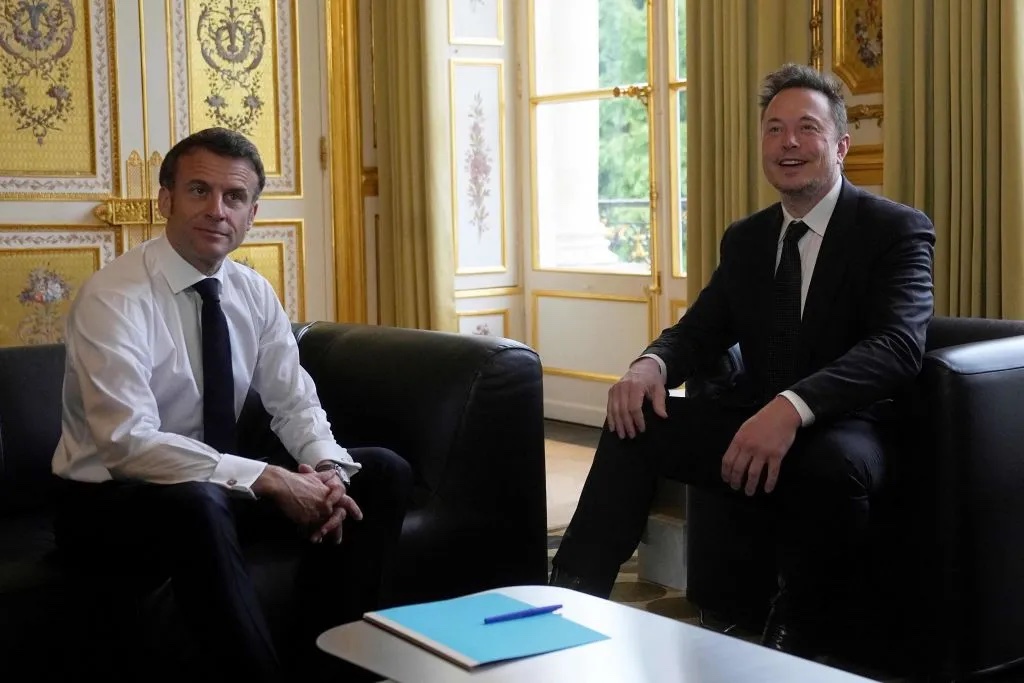







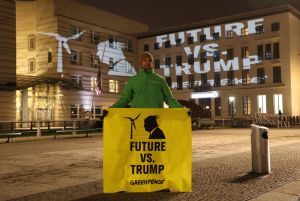
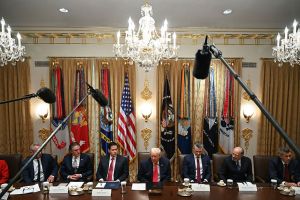


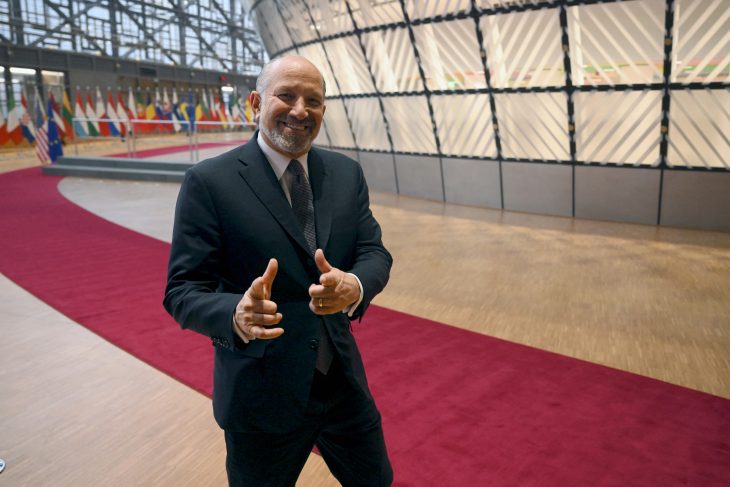
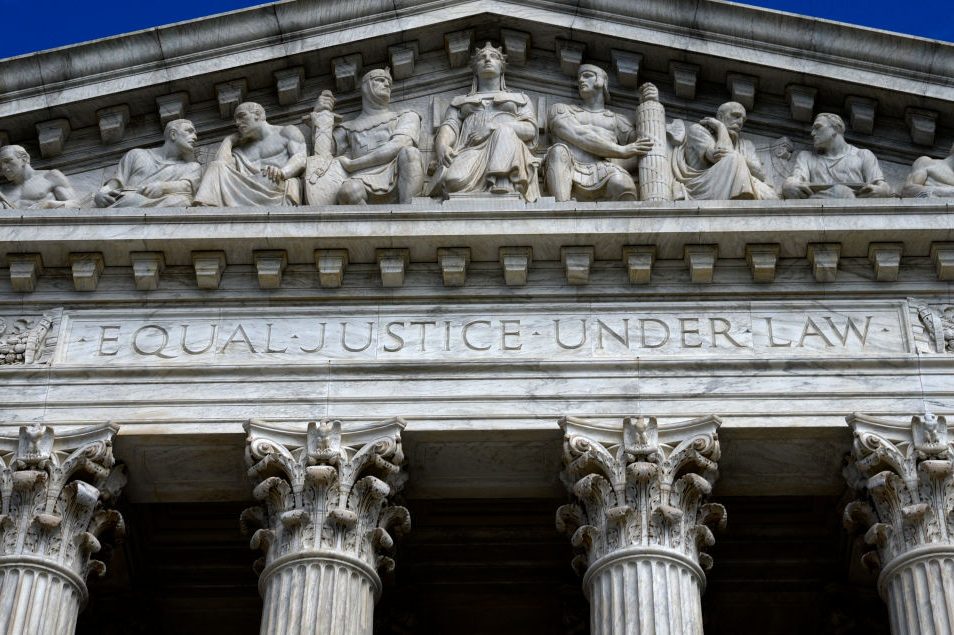
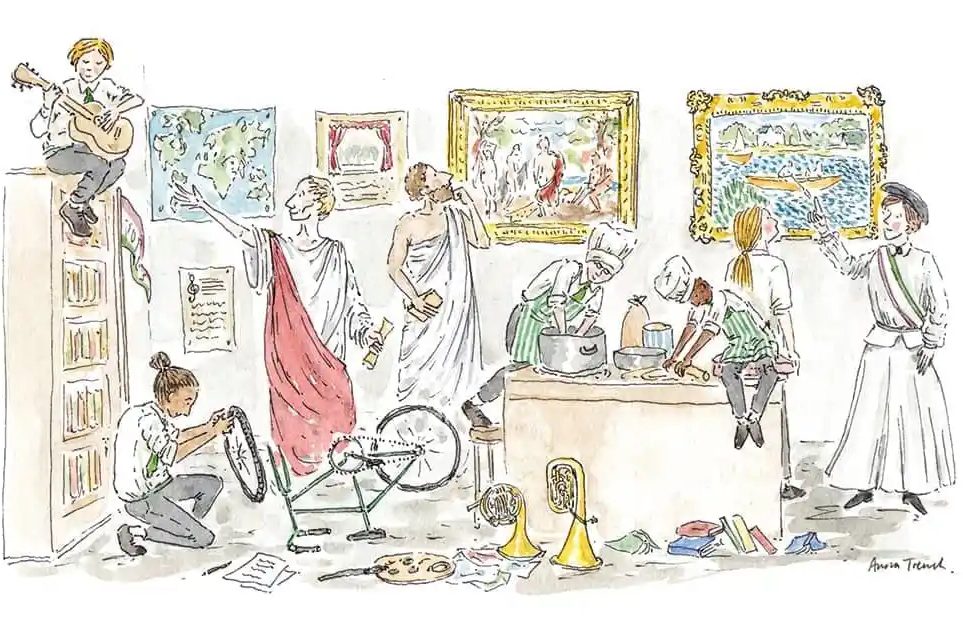








Leave a Reply